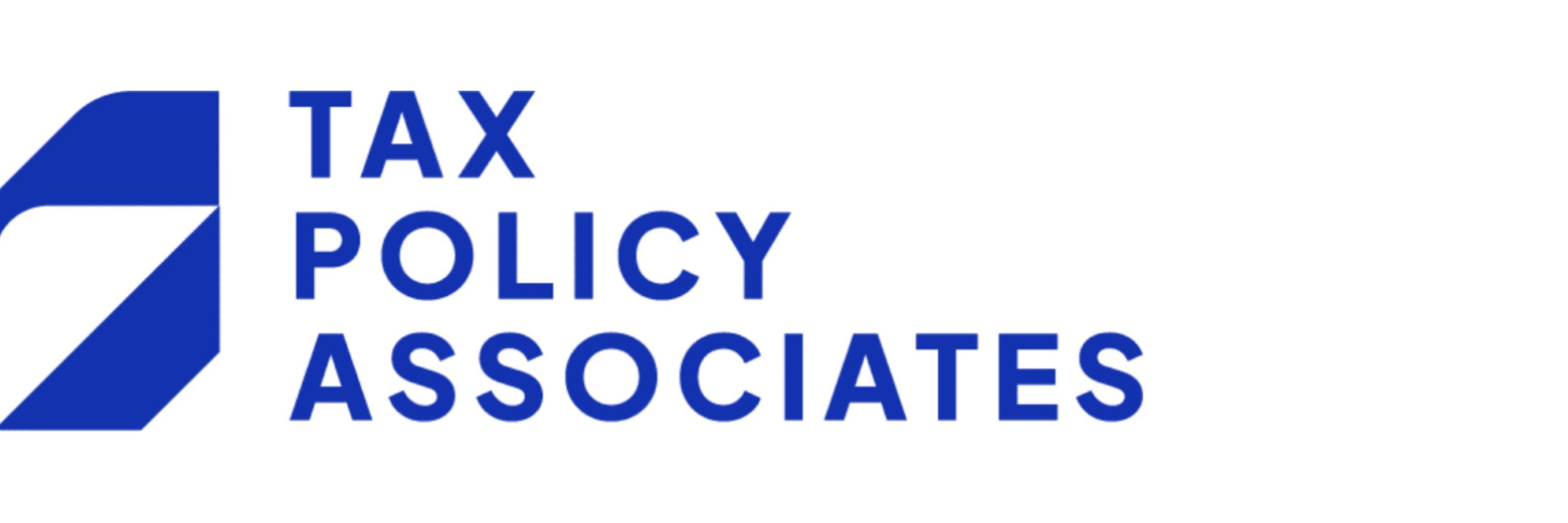Dan Neidle
@danneidle.bsky.social
60K followers
100 following
3.4K posts
Founder of Tax Policy Associates Ltd. Tax realist. @danneidle on Twitter
Posts
Media
Videos
Starter Packs








